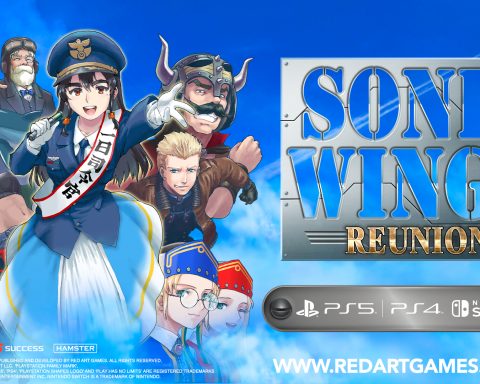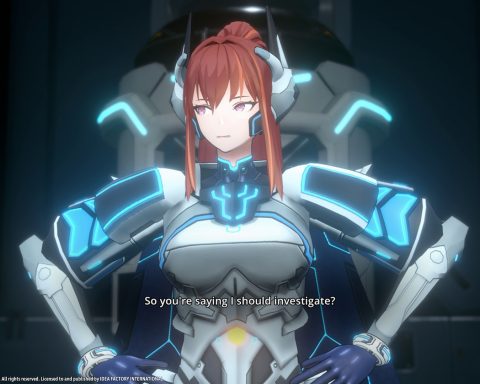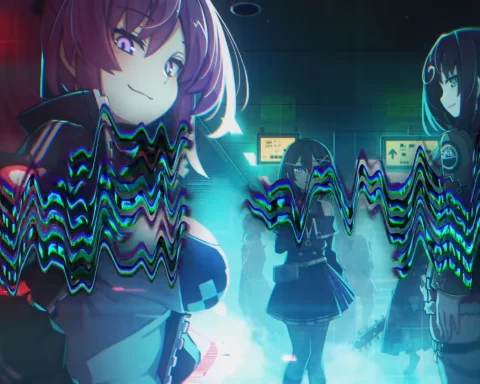You do exactly what the box says in Space Commander: War and Trade. You trade stuff, and you go to war. In space. Where you’re a commander. The problem is that space is meant to be this big, open… universe… of adventure and promise and Space Commander makes it all feel very small and more beige than a hospital waiting room. It’s a perfectly competent game. It’s just that that’s all it is.
I’m going to start by explaining why it all feels so small. In Space Commander, when you want to move from planet to planet or space base to space base, you pull up a map, select where you want to go, and get instantly whisked there. There’s a chance you’ll need to fight enemy pirates in an asteroid field or whatever in-between, but for the most part, you simply arrive at your location, where there’s not much more to do than dock at the base. Once you’re in the base everything you do is handled by a menu while the screen remains firmly focused on your docked (and admittedly pretty) ship. This would have been fine a couple of decades ago, but we’re talking about a world that has space-faring adventures like Mass Effect (with so many worlds to explore on food), and No Man’s Sky (with the full expanse of space). A couple of tiny flight arenas and a handful of aircraft hangar graphics just does not cut it anymore.
The limitations of Space Commander don’t finish there. The trading system is as simple as they come; buy low, find somewhere to sell high. I was playing games with that level of complexity back on the Game Boy. The cash flow system is a bit messed up, too. Space Commander was originally a free-to-play game, and while the microtransactions have been removed for the Switch release, I can figure out where they were implemented easily enough; maintenance of the ships is far too expensive for the revenue that you’ll be making. Combat, meanwhile, is a little too static for its own good, thanks to an overly generous lock-on system that turns battles into a “hands-off” affair. You just need to lock on the enemy and allow the game to take control of the movement. You just need to concentrate on unleashing your arsenal then.
The “commander” bit is neat, but again streamlined to the point that it could only come from a mobile game. You can have multiple ships in your fleets, and they can fulfil multiple roles. Freighters aren’t much good in a fight, for example, but they carry loads of goods that can make you a fortune. In combat, you can flit between your ships, with AI taking over the rest. Unfortunately, while you can give your AI pilots rudimentary commands, they’re not all that smart, with the only thing saving your hide the fact that the enemy AI isn’t any better. I went into Space Commander assuming there would be some kind of strategy involved, somewhere, but the fleet structuring and battlefield tactics are too rudimentary to really count as a strategic experience.
Finally, I found the narrative to be both limited and exhaustingly shallow. Again, this is no doubt due to the mobile origins of Space Commander. Most of the plot is delivered in the most efficient way possible, and designed to set a flimsy context and get out of there before it runs the risk of slowing down the gameplay. It is, of course, totally unfair to compare this to a game of the scope of Mass Effect or other big spacefaring event, but Mass Effect did just release this week and there is too much potential in stories set in outer space to accept poor ones. I wasn’t filled with a sense of awe and wonder as I explored. I wasn’t that invested in my characters or the situation, and even as I grew my fleet I still felt like there was something too dry to be truly engaging.
For all its many limitations, there are elements of Space Commander that are a delight. The visual engine, for example, is gorgeous. Whether it’s just enjoying the billowing clouds of a gas giant or an intense dogfight in the middle of an asteroid field, the twinkling stars in space are a nice backdrop to some very nicely designed space ships. It also controls nicely, too. I’m glad I’m able to play this with buttons rather than a touch screen, because the ship steers with some sensitivity, but I actually found that to the game’s benefit for the kind of action that it offers.
Space Commander: War and Trade isn’t bad. If there’s one thing that can be said about mobile games, it’s that developers are hugely incentivised to make sure players enjoy what they’re looking at, and there’s no possibility of being frustrated by the gameplay. The core mechanical elements are rock-solid, and transfer over to the Switch well. The game’s biggest problem is the setting. Space should be an exotic location filled with adventure and discovery. That entire experience in Space Commander is truncated to the point that it loses that essential quality, leaving the overall experience feeling quite hollow.
– Matt S.










